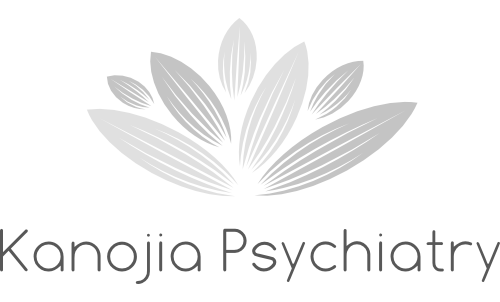What is Integrative Psychiatry?
Integrative Psychiatry is the practice of combining standard psychiatry with Complementary and Alternative Medicine (CAM). Integrative psychiatry pairs psychopharmacology (medication management) and psychotherapy with alternative therapies such as meditation, yoga, and Ayurveda. An integrated psychiatric practice offers the best of two very effective and very different bodies of thought.
How Can Integrative Psychiatry Be More Effective Than Classic Psychiatry?
Standard psychiatry focuses primarily on illness or pathology with tools such as medication or psychotherapy. While scientifically validated treatments, both tend to focus on one dimension of a patient, with a goal to “fix” what is “broken.” Integrative psychiatry aims to balance Western techniques of treating illness with Eastern interventions. For example, yoga can be helpful for alleviating side effects of medication. Meditation helps people gain better insight into their internal state, which helps psychotherapy be more effective. While some practitioners believe that one intervention is better than other, Integrative Psychiatry aims to combine the best of both worlds.
Ayurveda and Psychiatry
Ayurveda is an ancient system of traditional Indian medicine, rooted in the belief that disharmony leads to suffering and disease. The Ayurvedic system of diagnosis does not only focus on illness, but aims to understand a person’s complete makeup using a framework of doshas (elements or energies that govern the body’s activities). Various doshas lead to different manifestations when imbalanced: the pitta (fire) dosha leads to irritability or anger, the kapha (earth, water) dosha leads to depression and low energy, and the vata (wind) dosha leads to anxiety and worry. Ayurveda aims to balance these doshas through dietary changes, herbal remedies, and lifestyle interventions.
Is Integrative Psychiatry Right for You?
If you are looking to transition from disease managment to overall wellness, integrative psychiatry can be an immensely powerful tool. Integrative psychiatry begins by providing stabilization to symptoms that are out of control, transitions to building resilience and wellness, and culminates in developing a practice to discover inner peace and satisfaction. Integrative psychiatry can help someone who is depressed to the point they have trouble living a normal life, but can also be helpful for someone who is highly functioning (has a good career, socially active, etc.) learn to be more focused and centered. Integrative psychiatry taps into your internal motivation to improve your overall health and ultimately progress toward your life goals.
How Kanojia Psychiatry Can Help
Dr. Kanojia tailors his treatment to each patient using Ayurvedic principles and modern, scientifically grounded psychiatric medicine. He uses Ayurvedic diagnosis to develop a personalized meditative practice based on a client’s cognitive personality. For example, someone with a kapha imbalance may fit criteria for major depressive disorder, and would be prescribed an activating meditative practice aimed at stimulating their vital life energy (prana or qi in the Chinese system), in conjunction with medication if desired. Someone suffering from anxiety, on the other hand, would likely have a vata perturbation, or a mind that moves too fast. This patient would benefit from a calming meditative practice, with a diet aimed at providing grounding and restful sleep.
Dr. Kanojia also combines meditation techniques with more traditional psychodynamic therapy. Meditation helps patients cultivate more awareness of their internal state, and helps them gain understanding of the workings of their internal world. This enhanced understanding allows them to be more present, making psychotherapy sessions more productive.


